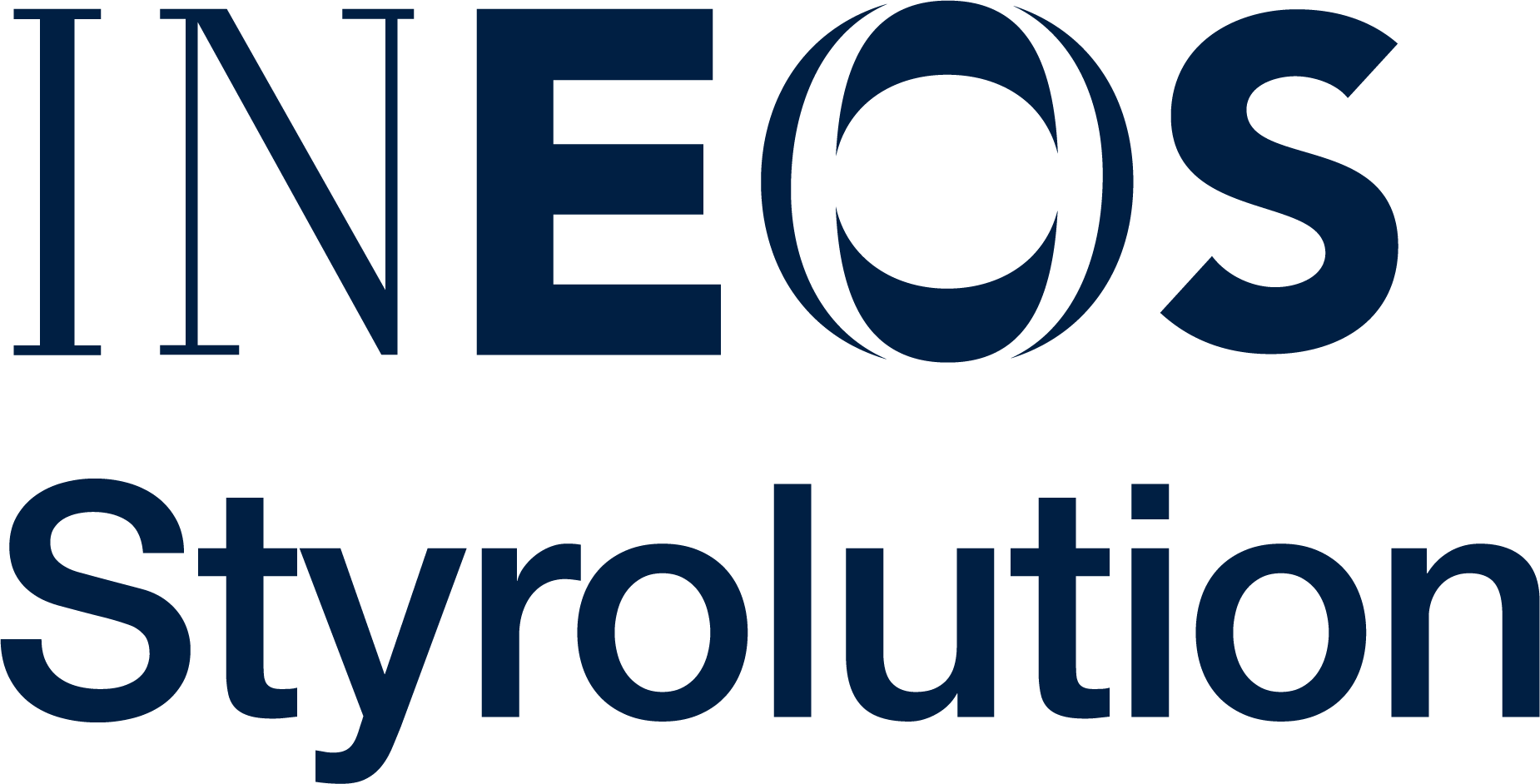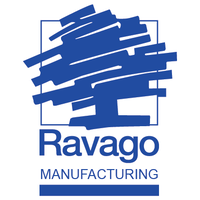Mechanical Recycling
Mechanical recycling is the physical recovery of plastic waste from post industrial (PIR) and post consumer (PCR) recycling streams. The plastic waste is first sorted, then shredded into flake, cleaned and finally extruded back into pellet form for re-moulding.
Mechanically recycled materials have a great positive environmental impact in diverting waste away from landfills. With a vast pool of recycled plastics available, the Ultrapolymers team and our partners can help find the ideal solutions for you.
Fostering Circularity
Firstly, polymer waste is collected by local waste management systems and transported to a recycling facility. Polymer processing businesses will often send their waste directly to recycling facilities.
At the recycling facility, the post consumer and industrial waste is sorted into individual types of polymer using technology such as near infra-red spectroscopy (NIR) or by gravimetric methods.
The sorted polymer is shredded/milled into smaller pieces, commonly known as 'flake', which is then washed to remove any impurities, dust, dirt, and traces of food or liquid. This sorting and washing process may be repeated, depending on the facility, to further purify the flake.
The sorted and cleaned plastic flake is then put through an extruder to turn back into a homogeneous pellet form for re-moulding.
The recycled plastic can be enhanced through compounding; blending with selected fillers and additives to optimise the properties of the final material.

Why choose a mechanically recycled solution?

Mechanical recycling uses significantly less energy compared to manufacturing new plastics. This gives the resulting polymer a reduced carbon footprint with lower greenhouse gas emissions.

Compared to Advanced Recycling and manufacturing Bio-Based Polymers, mechanical recycling has a relatively low energy consumption, helping to reduce the environmental impact of the final product.

Mechanical recycling is a well established process and the very accessible technology facilitates it's broad adoption in many locations to provide local supply.

Mechanical recycling supports the circular economy concept, reducing waste and our dependance on non-renewable resources.
PCR vs PIR Feedstocks
Mechanically recycled polymers comes in two main types, depending on the source; Post-Industrial Recycled (PIR) and Post-Consumer Recycled (PCR).
Post-Industrial or Pre-Consumer Recycled (PIR) material refers to what is discarded during the manufacturing process such as scrap, trimmings and waste during processing.
Post-Consumer Recycled (PCR) material refers to what is discarded after use by consumers including water bottles, containers and packaging materials.
Choosing which type of mechanically recycled polymer to use is a balance of quality, cost and environmental impact. Reach out to our team to help you make the right choice.










